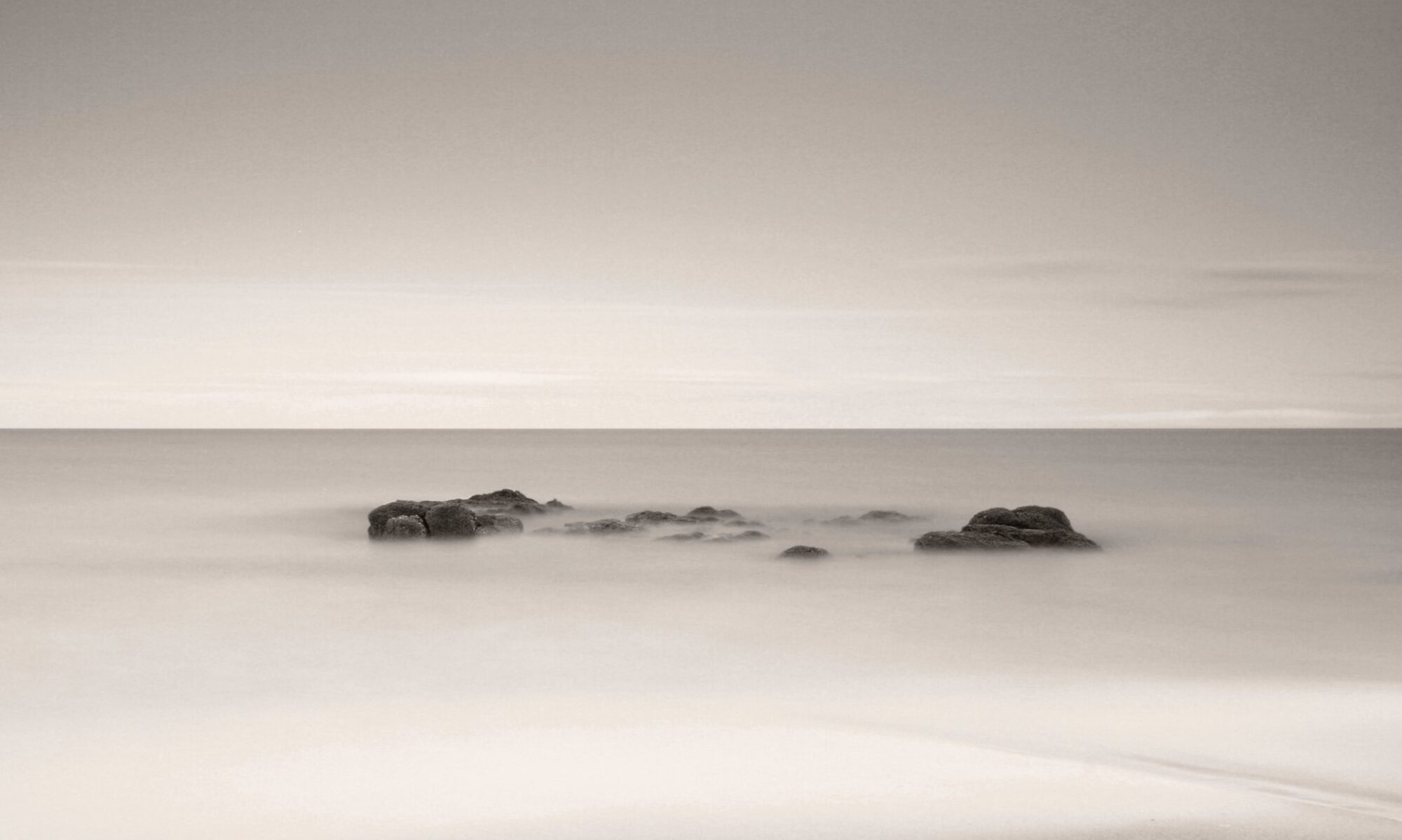In today’s world, it seems that every passion, hobby, or creative endeavour is often viewed through the lens of monetisation. Social media constantly bombards us with side-hustles, passive income streams, and the pressure to turn any skill into a money-making venture. This trend is particularly visible among millennials and younger generations, who often feel the need to transform everything they do into something “profitable.” But is it possible that something vital has been lost in this pursuit of financial gain? Where has the joy of doing things for the sheer love of them gone?

I grew up in a time where open sharing was the norm. The concept of free software, for example, was born out of a desire to create and contribute, not to profit. As a teenager, I wrote code for people, asking for nothing in return (e.g. half of my local BBS was running on my programs). The satisfaction came from the act itself (helping someone, solving a problem, or seeing a piece of software come to life). Street cred or community recognition was the only reward we needed. We shared code, not for profit, but because it was an expression of creativity, problem-solving, and collaboration.
This isn’t to say that monetising skills or turning hobbies into careers is wrong. Many of us have turned our passions into livelihoods. I eventually made software development my career after a lot of thinking (will it kill the pleasure of it? Will I regret it?). But the key is that it didn’t start with the goal of making money. It started with love for the craft.
Even now, I continue to work on projects for free. For example, last year I wrote drivers for obsolete astronomy cameras (SBIG). There was no financial gain, just the satisfaction of helping keep those cameras in use. I also run true crime podcasts with my wife (2, though one is going on hiatus for a while) and write blogs on topics like genealogy, diabetes, and photography, none of which are monetised. These are things I do simply because I enjoy them. They provide a different kind of fulfilment. One that doesn’t come with a price tag.
So why has the culture shifted so dramatically? Why does it seem like so many people feel the need to justify their hobbies by turning them into side gigs? Some of this may be a generational response to perceived economic pressures. Millennials and younger generations often complain about how they face harsher conditions than previous generations (but they’re wealthier than Gen X at the same age). I manage teams of millennial developers, I have first hand experience of both their complaints and their rewards. Monetising hobbies may seem like a way to ease these burdens.
Part of it may also come from the universe these generations grew up in: social media and youtube have created an equivalency between clicks/likes/followers and money, and between money and success (nonsense influencers). Today, if you want to be successful or relevant, you have to have lots of followers and that’s the only metric that counts. I’ve been told more than once on social media that my opinion didn’t matter because I only had a few hundreds followers (I never used social media much and I don’t care). Even though I had a relevant PhD. But they knew better because more people followed them and therefore they were right.
But in monetising, something is often sacrificed: the pleasure of doing something just because you enjoy it. The commodification of hobbies can stifle creativity. When the primary goal becomes making money, it’s easy to lose sight of why you started in the first place. Instead of experimenting, taking risks, or enjoying the process, you begin to cater to what sells, what gains the most followers, or what generates the most ad revenue. Instead of trying to become good at your hobby, you only try to be competent enough to generate revenue. The joy of exploration, the thrill of creating something for its own sake, slowly fades away.
There is, however, value in doing things simply for pleasure. In fact, I believe it’s more important now than ever. In a world where some generations feel a huge pressure to succeed financially and professionally, time off is essential. Some things should be done simply because they make us happy, challenge us, or allow us to express ourselves. The time you spend doing something just because you like it, without the stress of making money, without the responsibility of pleasing others, is valuable for your wellbeing.
And yes, sometimes it even costs money. But hobbies are expensive. Some of them require a huge time or financial investment (photography is a good example of both). But that’s ok. Not everything has to be self-sustaining. Hobbies are what you do to escape the world and your responsibilities. Hobbies are what you do only because you want to. Hobbies are what you do when you want to be a human instead of a tool or a resource for someone else.
Let’s remember that not everything needs to be a hustle. We don’t have to monetise every skill or hobby. Free software communities, amateur blogs, and podcasts that aren’t monetised represent spaces where passion, curiosity, and generosity thrive. These are the places where people create because they love creating. It’s not about the end product or what it can get them. It’s about the process and the joy that comes with it. And that’s a value worth preserving.
#Photography #PhotographyTheory #Theory #Personal #Opinion

